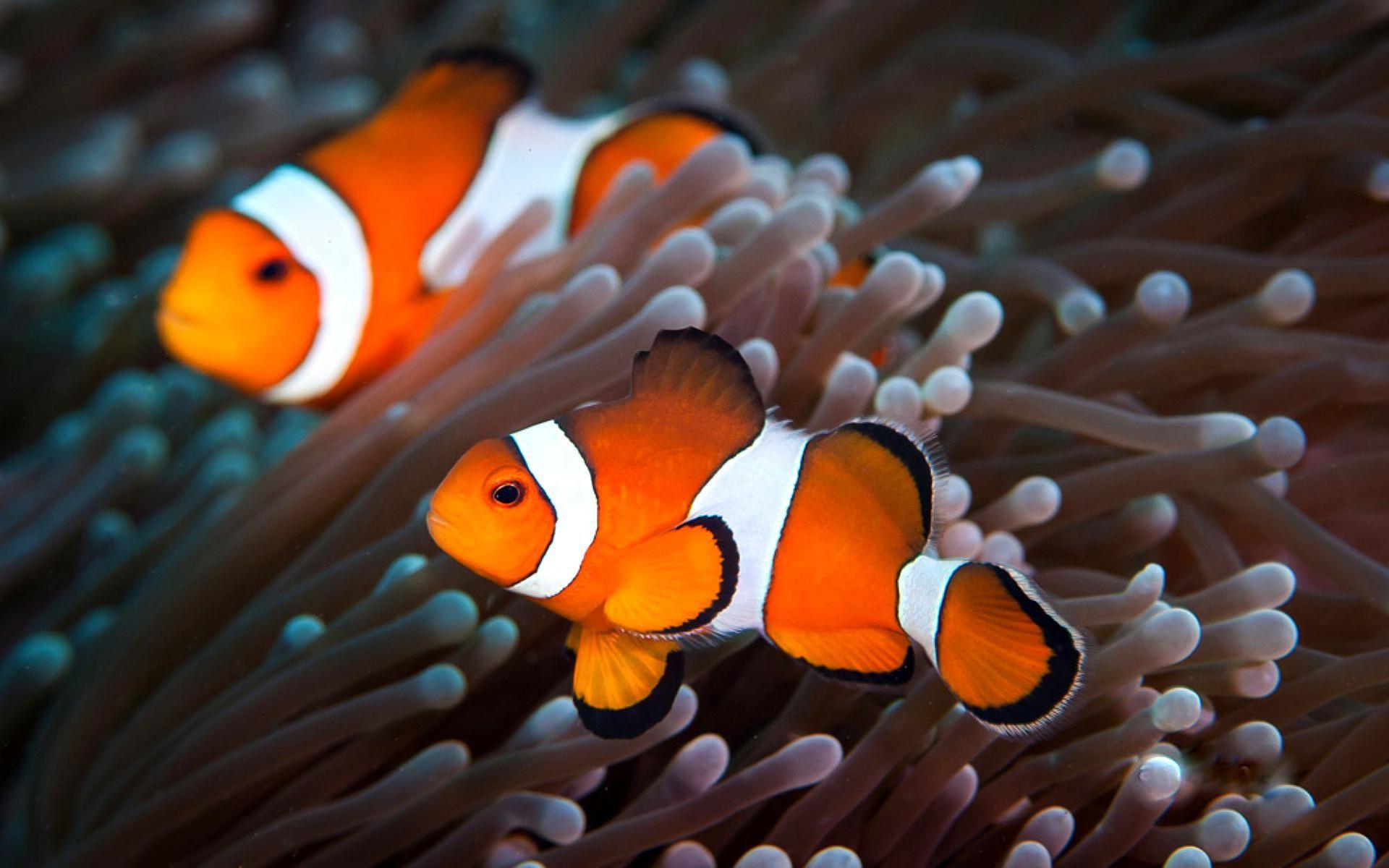
Clownfish are one of the most popular aquarium fish, and for good reason. They're colorful, active, and have interesting behaviors. If you're thinking about keeping clownfish as pets, there are a few things you need to know to ensure they stay happy and healthy. In this article, we'll discuss the basics of how to take care of clownfish.
Choosing Your Clownfish

Before you bring your clownfish home, you need to choose the right ones. There are many different species of clownfish, each with its own unique characteristics. Make sure you do your research to find the species that's right for you.
When you're at the pet store, look for clownfish that are active, swimming around, and showing interest in their surroundings. Avoid fish that are hiding in the corner or appear sluggish.
Tank Setup

Clownfish are relatively easy to care for, but they do require a certain type of environment to thrive. They need a tank that's at least 20 gallons, with plenty of hiding places and live rock. Live rock provides a natural filtration system and helps maintain the proper water chemistry.
Make sure the tank is cycled and stable before adding your clownfish. Test the water regularly to ensure the parameters are within the appropriate range. Clownfish prefer a temperature between 75-82°F, a pH between 8.0-8.4, and a salinity of 1.020-1.025.
Feeding Your Clownfish

Clownfish are omnivores and will eat a variety of foods. In the wild, they primarily feed on algae, plankton, and small crustaceans. In captivity, you can feed them a combination of flake, pellet, and frozen foods.
It's important not to overfeed your clownfish. Feed them small amounts 2-3 times a day, and remove any uneaten food from the tank after a few minutes.
Behavior and Socialization

Clownfish are social creatures that form bonds with each other. It's best to keep them in pairs or small groups. They will often host in anemones, but this is not necessary for their survival.
Clownfish have interesting behaviors, such as swimming upside down and shaking their fins. They may also become territorial and defend their space against other fish. Be sure to provide plenty of hiding places to reduce aggression.
Common Health Issues
Clownfish are relatively hardy fish, but they can still develop health issues. The most common issues are related to water quality and stress. Check the water parameters regularly and ensure the tank is clean and well-maintained.
Signs of a sick clownfish include lethargy, loss of appetite, and abnormal behavior. If you notice any of these signs, quarantine the fish and seek advice from a veterinarian or experienced fish keeper.
Conclusion
Clownfish are a great choice for beginner and experienced fish keepers alike. With proper care and attention, they can live long and healthy lives in captivity. Remember to choose the right species, provide a suitable environment, feed them appropriately, and watch for any signs of illness.